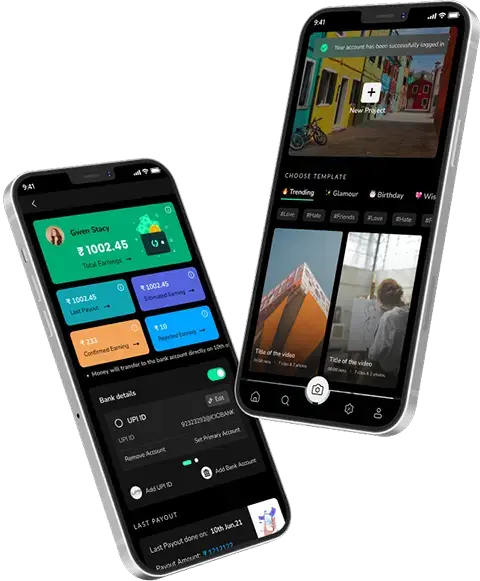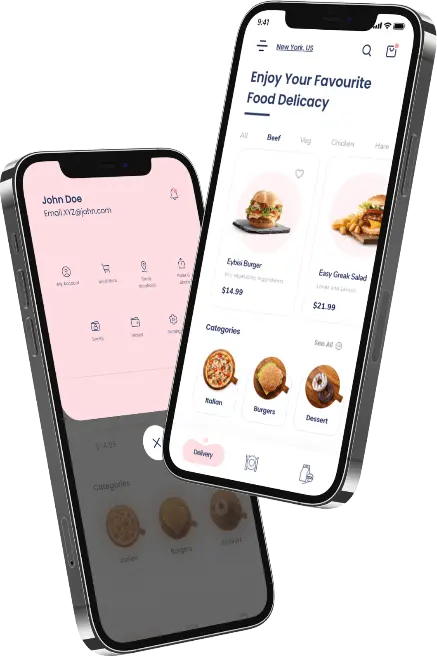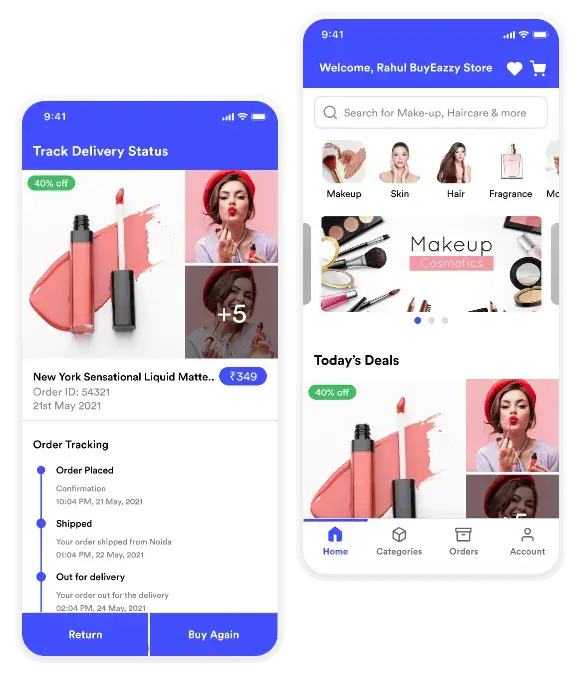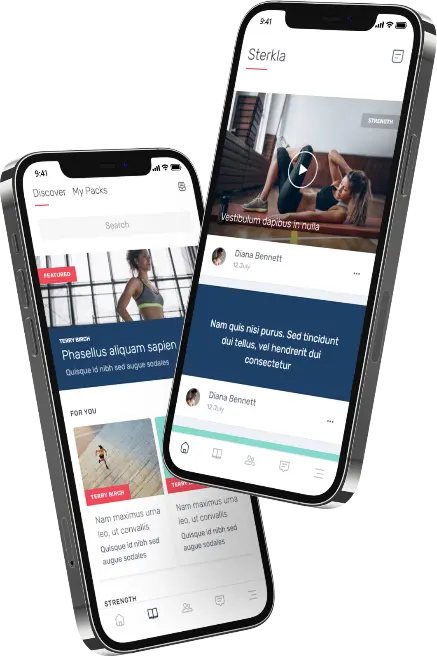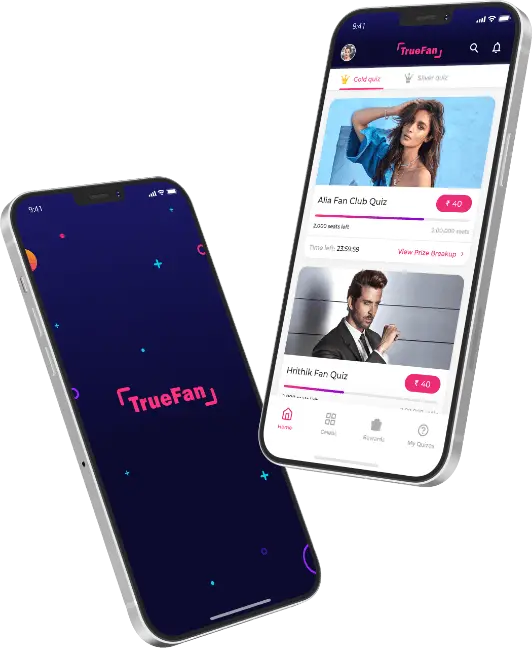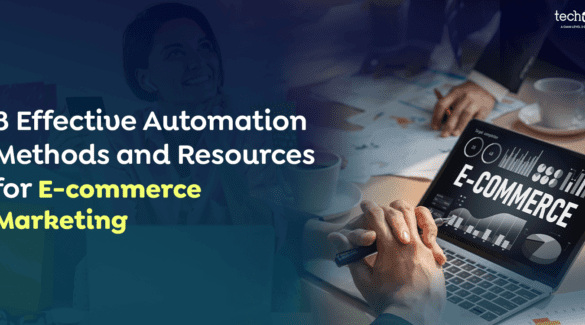17 Feb 2023
Here are the Benefits of AI for the Medical Field in 2023 and Beyond!
Ankit Singh
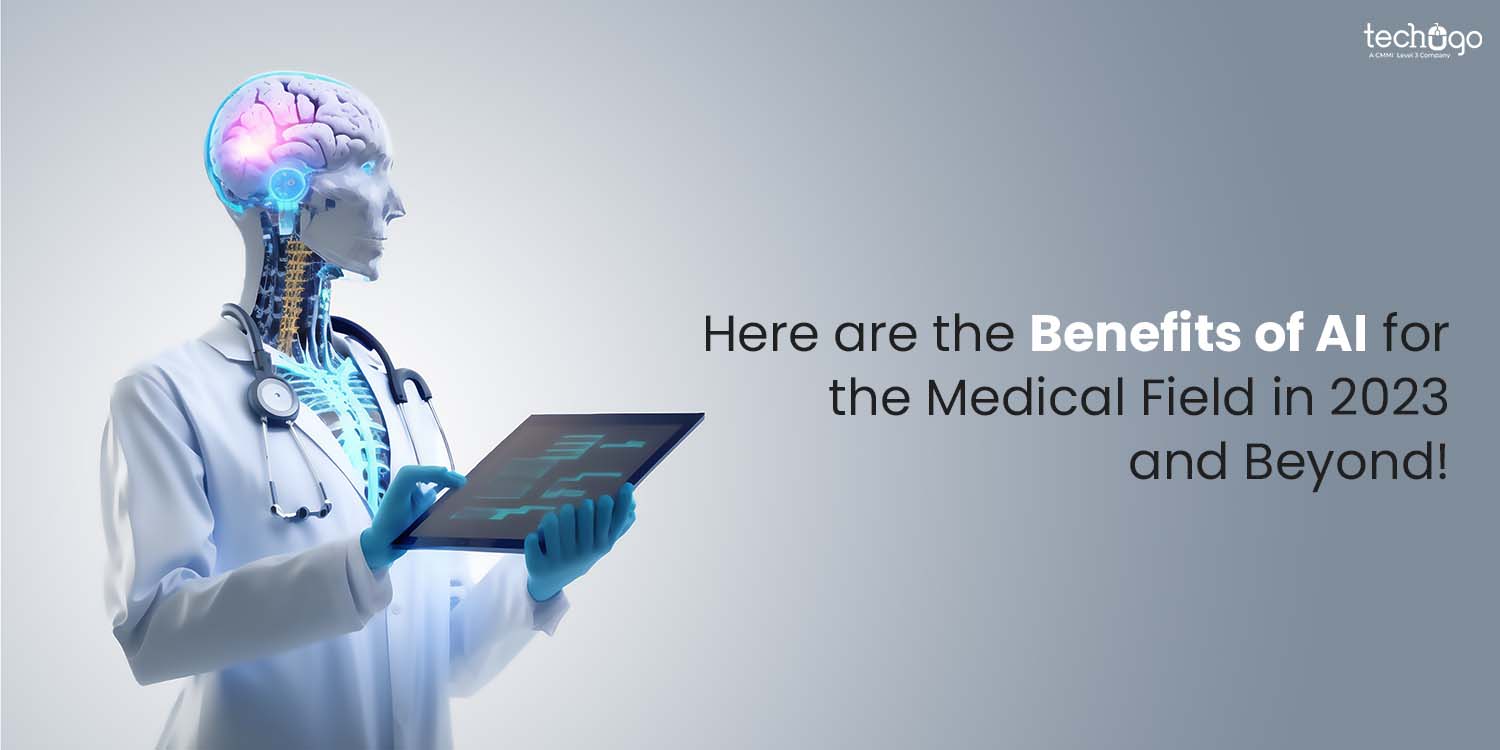
Healthcare is one of the most important success stories of modern times. Although medical science has advanced rapidly, increasing life expectancy worldwide, the healthcare system faces rising demand, rising costs, and a workforce that cannot meet its patients’ needs.
A combination of unstoppable forces drives demand: changing patient expectations, population aging, lifestyle changes, and the never-ending innovation cycle are just a few. The implications of an aging population are the most important. One in four North American and European citizens will be 65 years old by 2050. This means that the health system will need to manage more complex patients. It is costly to manage such patients. Systems must shift from a reactive, care-based approach to long-term care management to be more cost-effective.
Healthcare spending is not growing at all. Healthcare systems can only be sustained with significant structural and transformative changes. According to the World Health Organization, healthcare systems need a greater workforce. Although 40 million jobs could be created by the global economy in the health sector by 2030, the World Health Organization projects that there will still be a 9.9 million shortfall in physicians, nurses, and midwives worldwide over the same time period.
Artificial Intelligence for Healthcare: What is it?
Machine learning can provide data-driven clinical decision support (CDS) to doctors and hospital staff, which could lead to increased revenue. Deep learning, a subset AI that identifies patterns, uses algorithms and data for automated insights to healthcare providers.
How can artificial intelligence be used in medicine?
AI in healthcare is used to aid doctors in making better decisions, managing patient data effectively, creating personalized medicine plans, and discovering new drugs.
Let’s take a closer look at each of these incredible use cases.
1. Clinical decision support
AI in healthcare is a useful tool for doctors to make faster decisions. AI can recognize patterns of health problems and help them make better decisions.
In an industry where decisions can have a life-altering impact on patient’s lives, it is crucial to save time and diagnose the condition.
2. Information Management (both patient and physician)
AI in healthcare can be an excellent addition to information management for patients and doctors. Patients can reach doctors quicker or even faster when Telemedicine is used, which reduces the stress on healthcare professionals and increases patient comfort.
AI-driven educational modules can be used to enhance doctors’ skills and learning. This further demonstrates the information management capabilities of AI for healthcare.
Share the benefits of AI in healthcare
Future of AI in healthcare is changing the healthcare sector. Although the global market for AI in healthcare will be $6 billion by 2021, most practitioners must be aware of its impact. The first step to increasing awareness of AI initiatives is creating awareness.
These are just a few of the many ways that AI has helped the medical industry:
1. Diagnostics that are more accurate and efficient
Healthcare sector misdiagnosis is a major problem. A recent report shows that around 12 million Americans are misdiagnosed yearly, with 44% being cancer patients. AI can help overcome this problem by increasing diagnostic accuracy and efficiency.
Computer vision, enabled with AI, allows for accurate analysis of medical images, such as patient reports, CT scans, and MRI reports. This allows users to extract data that isn’t visible to the naked eye.
Although AI is faster than radiologists and can analyze most medical data more accurately, it still needs to be mature enough to replace radiologists completely. So MIT created a machine-learning system that uses a hybrid approach to diagnose different types and stages of cancer by analyzing medical records or referring the task to a specialist radiologist.
2. Improved patient care
It becomes more challenging to provide good patient care as the demand for healthcare facilities rises, and the supply still needs to grow.
A recent study found that 83% of patients consider poor communication the most frustrating part of their experience. These are some of the ways AI can overcome this problem:
Moreover, AI can automate patient communication, such as appointment management, reminders, payment problems, and other tedious tasks. As a result, these tasks can be eliminated, and the time saved can be used to care for patients, which is the primary goal of healthcare professionals.
AI can quickly analyze data and generate reports to direct patients to the appropriate doctors.
3. Improvements in surgical procedures
Healthcare robotics has made surgeries safer and more efficient by using AI. Robotic-assisted surgery allows surgeons to perform complex surgical procedures with greater precision, safety, and control.
Remote surgery is also possible, allowing for remote operations from any location worldwide. This can also be used during pandemics worldwide, where social distancing may be necessary.
Research by Harvard Medical School examined the differences between conventional and robotic-assisted prostate surgery. Robot-assisted prostate cancer patients had:
– Less time in the hospital after the procedure
After surgery, lower pain scores
– There are fewer complications after surgery, such as blood clots and urinary infections.
4. Improved information sharing
Another advantage of AI in healthcare is its ability to process large quantities of patient data.
10+% have diabetes. The FreeStyle Libre glucose monitoring system powered with AI allows patients to monitor their glucose levels and view reports to help them manage their progress with their doctors and support staff.
AI in Healthcare Use Cases
1. Chatbots
Artificial Intelligence can increase primary care and triage through chatbots. Chatbots allow patients to connect with their doctor instantly by using instant conversation. They save patients money and prevent unnecessary trips to the doctor. Healthcare chatbots can help medical providers exceed patient expectations and improve patient outcomes. Chatbots use a single communication method to encourage patients to share their medical information. This allows doctors to improve patient care quality, reduce costs, and increase patient satisfaction. AI allows for smooth flow and automation in primary care. This frees doctors to concentrate on more difficult and urgent cases. AI solutions for healthcare have a more humanized approach. With integrations to Google, Amazon, Google, and Microsoft, human digital platforms allow healthcare providers to create and deploy digital-human workers quickly. Hospitals could use digital humans to provide 24/7 support and empathy to patients.
Also Read – How AI Chatbot App Development Will Transform The Industry in 2023?
2. Robotic Surgeries
The field of surgery has seen a significant revolution thanks to the use of AI technology, represented by collaborative robots. You can see the revolution in their ability to make fine incisions with speed and precision. The result of surgery, particularly a complex one, can vary depending on the surgeon’s skills. AI can reduce case-to-case variation, increasing efficiency for even highly skilled surgeons. Because AI machines are precise, there is less chance of accidental movements or shudders during surgery. AI-controlled robots, for example, can provide three-dimensional magnification to aid articulation. They also perform basic tasks such as precision cutting and sewing with greater precision and minimization. The Maastricht University Medical Center in the Netherlands used AI-assisted robots to suture narrow blood vessels measuring.03 to 0.08 mm. AI machines can also use data from previous operations to create new surgical methods.
3. Virtual Nursing Assistants
Virtual nursing assistants are now available 24 hours a day thanks to AI systems. Virtual nursing assistants can interact with patients and direct them to the best care setting. This could help save the healthcare industry $20 billion every year. Virtual nursing assistants can monitor patients and answer their questions in real-time. Virtual nursing assistants allow for consistent communication between patients and healthcare providers. This communication occurs between patients’ doctor visits, which reduces the likelihood of hospital readmissions or unnecessary hospital visits. Virtual assistants powered by AI provide personalized experiences for patients. They help them to identify their illness and schedule doctor appointments. The virtual nurse assistant will guide you through each step of the treatment. This AI-based approach can improve patient engagement and self-management skills to prevent serious conditions from worsening. Care Angel, the world’s first virtual nurse assistant, can perform wellness checks via AI and voice.
Also Read – Doctor On Demand App Development: Tech Stack, Cost, Features, Etc.
4. Precision Medicine
One of the most important examples of AI in healthcare is precision medicine. Its foundation is based on large amounts of data collected from many disruptive technological innovations, such as low-cost genome sequencing and advanced biotechnology. Precision medicine relies on supercomputing algorithms and deep learning. This algorithm uses physicians’ cognitive abilities on a larger scale. Intel and Scripps Research Institute (CA, USA) have developed a deep-learning algorithm. With an 85% accuracy, it could identify 23 patients at high risk for cardiovascular disease. Google DeepMind, IBM Watson, and others are leaders in mining medical records. This cognitive assistant will be able to use a variety of clinical knowledge and reasoning abilities in addition to its analytical skills.
5. Administrative Workflow Assistance
One of the AI applications in healthcare is the automation of administrative workflow. This allows care providers to prioritize urgent tasks and saves time for regular jobs. The healthcare industry could save $18 billion by using AI in healthcare. Voice-to-text transcriptions are a great technology that helps with the administrative side of healthcare. In addition, these technologies automate other care activities such as prescribing medication, ordering tests, and creating chart notes. A partnership between IBM and the Cleveland Clinic is one example of AI in healthcare. IBM Watson is a machine that mines large amounts of data to help physicians provide a highly personalized, efficient, and personal treatment experience for their patients. Another benefit is natural language processing (NLP), which allows doctors to analyze thousands of medical documents and discover various treatment options.
Also Read – How does an Artificial Intelligence App add Great Potential to your Business?
Learn the limitations of AI in healthcare
While AI in healthcare holds great potential, there are still a few limitations.
1. Adoption issues at the beginning
It is common to experience teething issues with any new technology, but these problems must be addressed for AI to become widespread in the healthcare market.
The adoption of AI will ultimately attract investors. Successful case studies should be presented to encourage future investment. To kickstart this process, healthcare companies will need to be early adopters.
2. Privacy concerns regarding data
Healthcare privacy is sensitive by nature and, therefore, confidential.
To ensure the highest level of trust in technology, it is important to have systems that protect data privacy and prevent hackers. Unfortunately, data breaches are still a problem. This was evident when UW Medicine revealed 1,000,000 patient records and with Missouri Medicaid.
Privacy concerns shouldn’t be a barrier to using artificial intelligence in healthcare. Last year, we wrote a story about how Artificial intelligence can help with healthcare data security.
3. Respect regulations
HIPAA compliant and many other patient data laws, are subject to approval by governing organizations (e.g., FDA to ensure federal standards are met.
The sharing of data between a number of databases complicates HIPAA compliance. Future developments will need to be careful. Companies developing software and, therefore, AI must comply with Hitrust rules. These rules are known to be a barrier to AI adoption.
4. Black box
Deep learning, AI, and machine learning can’t ask, “Why?” Instead, the logic behind decisions needs to be justified. This means that guesswork is needed to determine how the decision was made.
The key information in the treatment plan is dependent on how and why it was made. A lack of reasoning can lead to a lack of confidence in the decision. This could make the technology unreliable and untrustworthy for both patients and professionals.
5. Complexities among stakeholders
Everyone is involved in the adoption of AI for healthcare. This includes patients, insurance companies, pharma companies, and healthcare workers. They are crucial.
Resisting technology at the above levels could lead to issues and the failure to incorporate the technology into the macro. Lack of stakeholder engagement is one reason the healthcare industry needed to innovate more in 2019.
6. Clinical decision support
Diagnostic errors cause 60% of all medical errors. As a result, there are an estimated 40 000 to 80,000 deaths per year. Artificial intelligence is being used in many different areas to decrease the number of human errors.
Despite this, AI adoption in clinical decision-support processes continues to face significant resistance from scientists and medical personnel.
7. It is easy to use and produces a clear output
The system requires minimal operator training and is designed with common output formats that can be used with other medical software. It’s also easy to implement and use.
The system will give you a clear output in 60 seconds. This allows you to determine if the exam quality was satisfactory, if the patient is not eligible for referable DR, or if the patient has signs and symptoms of referable DR. Referable DR may indicate that further action is needed. This could include teleconsultation, human grader over-reading, and/or referrals to an ophthalmologist.
Are you able to reap the benefits of AI in Healthcare?
The global AI in the healthcare market size is expected to grow from $4.9 Billion in 2020 to $45.2 Billion in 2026. This incredible growth highlights the importance of healthcare institutions embracing artificial intelligence to provide cutting-edge healthcare solutions for their customers. The best way for institutions to explore the potential of AI tech is to align with the best healthcare app development company. These partners can help you strategize and guide your decisions on the best AI investments. This will allow your business and customers to create value.
Get in touch.
Write Us
sales@techugo.comOr fill this form


